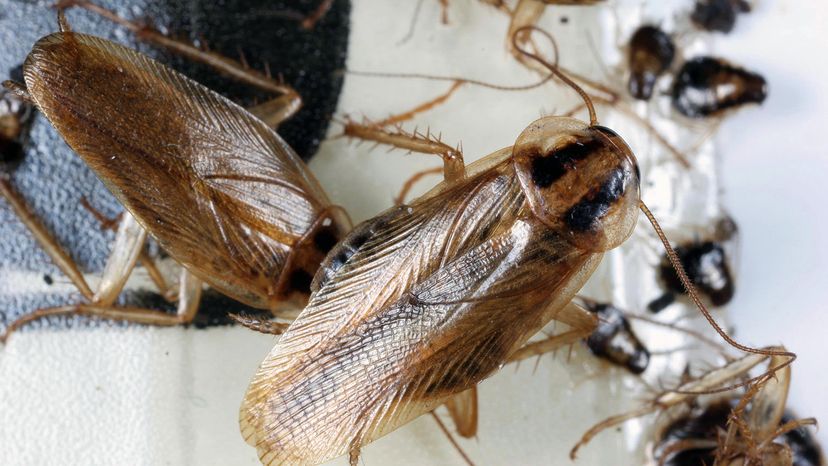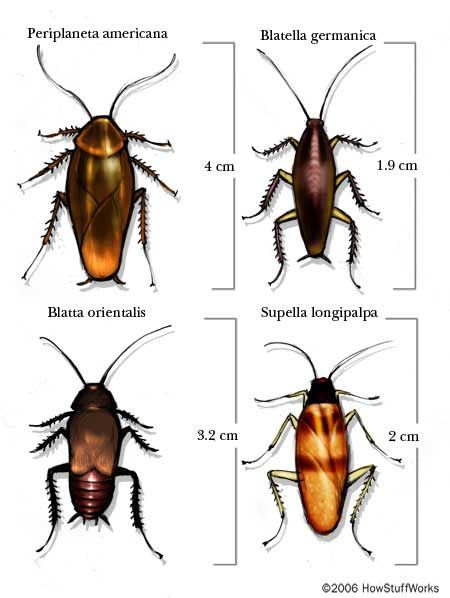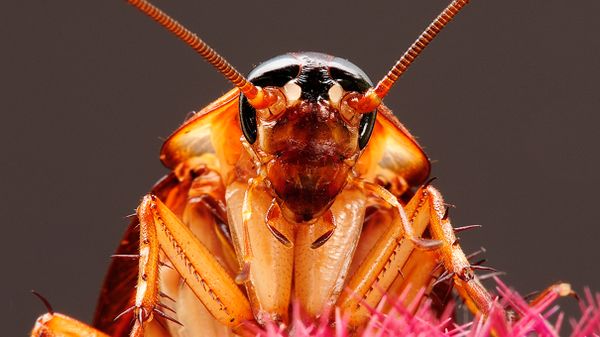
Great news, everybody. Cockroaches are quickly becoming resistant to several different insecticides — all at the same time. Cool, cool, cool.
Michael Scharf, professor in the department of entomology at Purdue University, along with his team, found that these nasty pests are developing cross-resistance to multiple classes of exterminators' insecticides. The team's work was published in the June 2019 issue of Scientific Reports.
Advertisement
The problem is each class works differently to kill these critters, so exterminators frequently mix them or switch them up to combat infestations. If cockroaches are resistant to multiple insecticides ... well you can see where this is going. Scharf and his team used apartment buildings in Indiana and Illinois that had infestations of German cockroaches (Blattella germanica L.) as their experimental grounds.
First, they caught some of the roaches and tested them to see which insecticides had the lowest resistance on the roaches. (Low resistance means the roaches would be more vulnerable to the treatments the scientists used for six months.) Entomology is very glamorous.
"If you have the ability to test the roaches first and pick an insecticide that has low resistance, that ups the odds. But even then, we had trouble controlling populations," Scharf said in a press release. The good news just keeps coming, doesn't it?
Then the researchers rotated three different insecticides. That method kept the roach population stable over six months, meaning it neither increased nor decreased. When they mixed two insecticides, the roach population "flourished," according to the press release. "Flourished" is the last verb anyone wants to hear when talking about cockroaches.
When the team used just one insecticide for the entire six months, and the roaches had low resistance to that particular insecticide, they were nearly wiped out. Great, right? Not really because if even 10 percent of the roaches had resistance to that insecticide, the population would increase "four- or six-fold in just one generation," Scharf said. "We didn't have a clue that something like that could happen this fast." During this test, the roaches also developed resistance to several other kinds of insecticides, even if the new generations had never been exposed to them before.
So now what? Scharf said he recommends combating roaches with more than chemical warfare, including traps and vacuums. "Some of these methods are more expensive than using only insecticides, but if those insecticides aren't going to control or eliminate a population, you're just throwing money away," Scharf said. We should just go ahead and bow to our cockroach overlords now.
Advertisement

